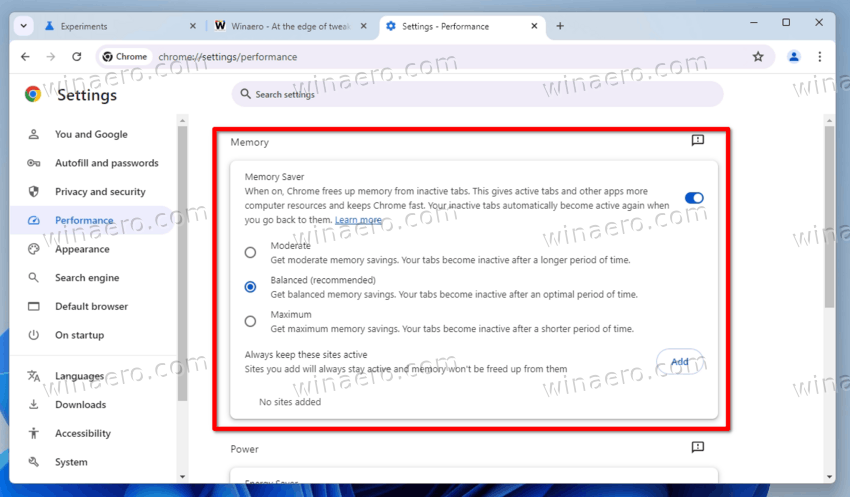Google brings new accessibility features to Android and Chrome for Global Accessibility Awareness Day
In honor of Global Accessibility Awareness Day, Google is introducing several new AI and accessibility features for Android and Chrome. These updates aim to enhance the user experience for individuals with disabilities, particularly those with visual or hearing impairments.
Enhancements for Android Users
Google has expanded the capabilities of Talkback, the built-in screen reader tool for Android, by integrating Gemini technology. This integration enables users to receive detailed descriptions of images and even ask follow-up questions about the content. For instance, if a friend sends a picture of a guitar, Talkback powered by Gemini will provide a description of the image, including details such as the make and color. This feature enhances the accessibility of images for individuals with low or no vision.

Additionally, Google has introduced Expressive Captions, a new feature that offers real-time captions for audio content across various apps. This AI-powered functionality can even interpret the tone and emotion expressed in sounds. Whether it's a passionate cheer during a sports event or a disappointed "nooo," Expressive Captions can accurately convey the sentiment behind the audio. This feature is currently available in the US, UK, Canada, and Australia for users with devices running on Android 15 or newer.
Improvements for Chrome Users
Google has enhanced the accessibility of PDF documents in Chrome by implementing Optical Character Recognition (OCR) technology. Previously, screen readers struggled to interpret text within PDF files, but now, with OCR, the content can be read aloud, making it more accessible to individuals relying on screen readers.

Another noteworthy update is the revamped Page Zoom feature in Chrome, which allows users to magnify text without affecting the layout of the webpage. By using a convenient slider, users can adjust the text size to their preference, whether for a single page or all websites visited.
Overall, these accessibility features from Google represent a significant step towards making technology more inclusive and user-friendly for individuals with diverse needs.










